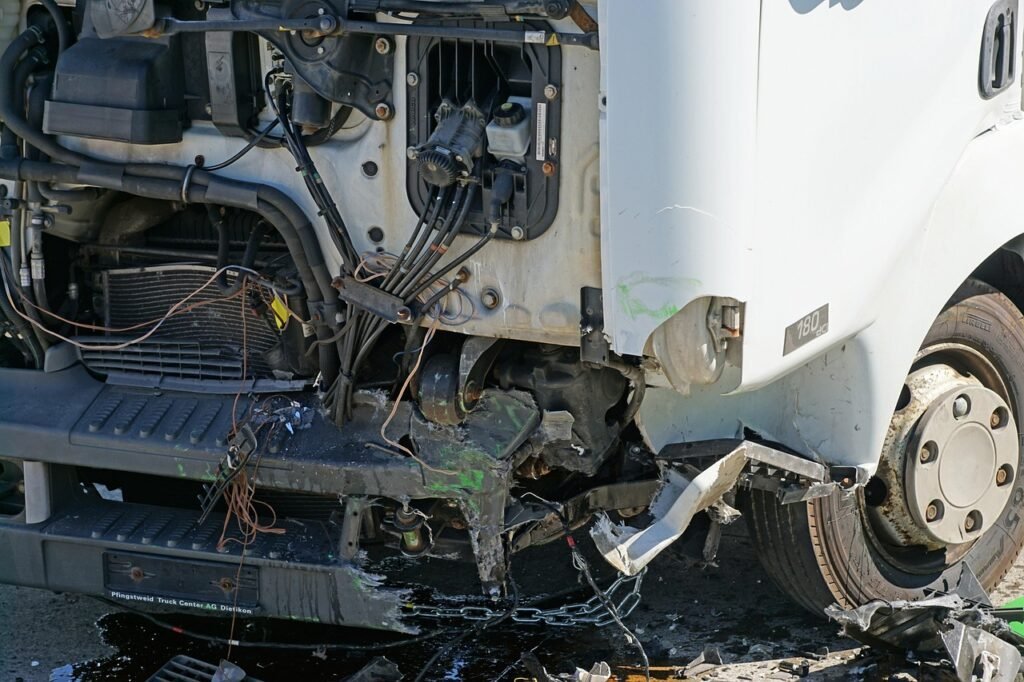
Liability coverage: It’s the safety net you hope you never need, but can’t afford to be without. Whether you’re a homeowner, driver, or business owner, understanding liability insurance is crucial for protecting your assets and financial future from unexpected claims. This post will break down the essentials of liability coverage, explaining what it covers, why it’s important, and how to ensure you have adequate protection.
Understanding Liability Insurance
Liability insurance protects you financially if you’re found legally responsible for bodily injury or property damage to someone else. This can stem from accidents, negligence, or even something seemingly innocuous. The policy helps cover the costs of legal defense, settlements, and judgments, preventing a single incident from potentially bankrupting you.
Types of Liability Coverage
There are several common types of liability coverage, each tailored to specific situations:
- Auto Liability: Protects you if you cause an accident resulting in injury or damage to another person or their property while driving. State laws usually mandate minimum coverage amounts.
- Homeowners Liability: Covers incidents that occur on your property, such as a guest slipping and falling, or your dog biting someone.
- Business Liability (General Liability): Protects your business from financial losses due to bodily injury, property damage, or personal and advertising injury claims.
- Professional Liability (Errors & Omissions): Protects professionals (doctors, lawyers, accountants, etc.) against claims of negligence or errors in their services.
- Umbrella Liability: Provides an extra layer of protection on top of your existing auto, homeowners, or business liability policies. It kicks in when the limits of your primary policies are exhausted.
The Importance of Adequate Coverage Limits
Many people opt for the minimum liability coverage required by law, but this may not be sufficient. A single accident resulting in serious injuries could easily exceed those minimums, leaving you personally liable for the remaining costs. Consider the following:
- Evaluate your net worth: Your liability coverage should ideally be close to your net worth to protect your assets.
- Assess your risk: Consider factors that increase your risk of being sued, such as owning a swimming pool, having frequent visitors, or engaging in activities with a higher potential for injury.
- Consult with an insurance professional: An insurance agent can help you assess your needs and recommend appropriate coverage limits.
- Example: You cause a car accident and are found liable for $500,000 in damages. If your auto liability policy only covers $100,000, you’re responsible for paying the remaining $400,000 out of pocket.
How Liability Insurance Works
Liability insurance is designed to step in when you’re legally obligated to pay for someone else’s damages. Understanding the process helps you navigate claims and ensure your policy works as intended.
Filing a Claim
If an incident occurs where you may be liable for damages, it’s crucial to:
- Report the incident to your insurance company immediately. Delaying the report can complicate the claims process or even lead to denial of coverage.
- Gather all relevant information. This includes details about the incident, witness statements, photos, and any communication with the injured party.
- Cooperate fully with the insurance company’s investigation. Provide accurate information and respond promptly to their requests.
The Claims Process
The typical claims process involves:
- Investigation: The insurance company investigates the incident to determine liability and the extent of damages.
- Negotiation: The insurance company negotiates with the injured party (or their attorney) to reach a settlement.
- Settlement or Litigation: If a settlement is reached, the insurance company pays the agreed-upon amount to the injured party. If a settlement cannot be reached, the case may proceed to litigation.
- Legal Defense: Your liability policy typically provides legal defense coverage, meaning the insurance company will hire and pay for an attorney to represent you in court.
Exclusions and Limitations
It’s important to be aware of the exclusions and limitations of your liability policy. Common exclusions may include:
- Intentional acts: Liability policies generally don’t cover damages caused by intentional or malicious acts.
- Business activities: If you’re running a business from your home, your homeowners policy may not cover business-related liabilities. You’ll likely need a separate business liability policy.
- Certain types of vehicles: Some policies may exclude coverage for certain types of vehicles, such as ATVs or snowmobiles.
Minimizing Your Liability Risk
While liability insurance provides financial protection, it’s even better to prevent incidents from happening in the first place. Taking proactive steps to minimize your liability risk can reduce the chances of being sued.
Home Safety
- Maintain your property: Regularly inspect your property for hazards and make necessary repairs. This includes fixing broken sidewalks, repairing loose railings, and trimming overgrown trees.
- Clear walkways: Keep walkways clear of snow, ice, and other obstructions to prevent slips and falls.
- Secure your pool: If you have a swimming pool, ensure it’s properly fenced and gated to prevent unsupervised access, especially by children.
- Control your pets: Keep your pets under control and prevent them from biting or attacking others. Consider enrolling them in obedience training.
Driving Safety
- Drive defensively: Be aware of your surroundings and anticipate potential hazards.
- Avoid distractions: Don’t text, eat, or engage in other distracting activities while driving.
- Maintain your vehicle: Regularly service your vehicle to ensure it’s in safe operating condition.
- Never drive under the influence: Driving under the influence of alcohol or drugs significantly increases your risk of causing an accident.
Business Practices
- Maintain safe premises: Regularly inspect your business premises for hazards and take steps to eliminate or mitigate them.
- Train your employees: Provide adequate training to your employees on safety procedures and customer service.
- Use contracts and waivers: Use contracts and waivers to protect your business from liability, particularly in situations where there’s a higher risk of injury.
- Obtain necessary permits and licenses: Ensure you have all the necessary permits and licenses to operate your business legally.
Choosing the Right Liability Coverage
Selecting the right liability coverage requires careful consideration of your individual circumstances and risk factors.
Assessing Your Needs
- Evaluate your assets: Determine the value of your assets that you want to protect.
- Consider your lifestyle: Think about your daily activities and potential risks.
- Assess your business: If you own a business, consider the specific risks associated with your industry.
- Understand state laws: Be aware of the minimum liability coverage requirements in your state.
Working with an Insurance Professional
- Seek expert advice: An insurance agent can help you assess your needs and recommend appropriate coverage options.
- Compare quotes: Get quotes from multiple insurance companies to find the best coverage at the most competitive price.
- Review policy details: Carefully review the policy details, including coverage limits, exclusions, and deductibles.
- Ask questions: Don’t hesitate to ask questions about anything you don’t understand.
Understanding Policy Limits and Premiums
- Higher Limits, Higher Premiums: Generally, higher liability coverage limits will result in higher premiums. However, the extra cost is often worth the peace of mind knowing you have adequate protection.
- Deductibles: Some liability policies have deductibles, which is the amount you pay out-of-pocket before the insurance company pays the rest. Choosing a higher deductible can lower your premium, but you’ll need to be prepared to pay that amount in the event of a claim.
- Consider an Umbrella Policy: For significant asset protection, seriously consider an umbrella liability policy to supplement your existing coverage.
Conclusion
Liability coverage is a critical component of any comprehensive insurance plan. By understanding the different types of coverage, how they work, and how to minimize your risk, you can protect your assets and financial future from the potentially devastating consequences of a liability claim. Take the time to assess your needs, work with an insurance professional, and choose the right coverage to ensure you have adequate protection. Remember, being proactive and prepared is the best way to safeguard yourself and your loved ones.







